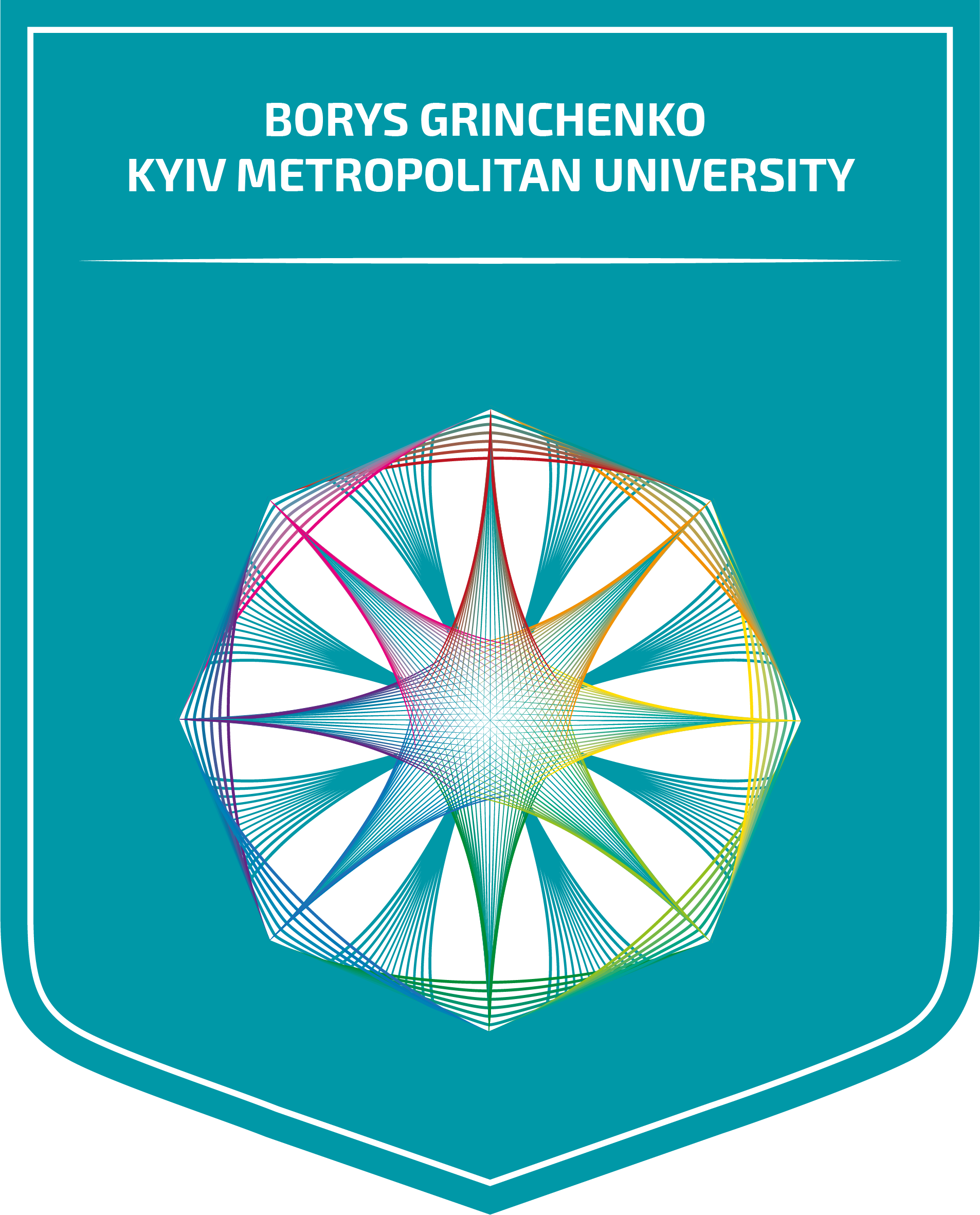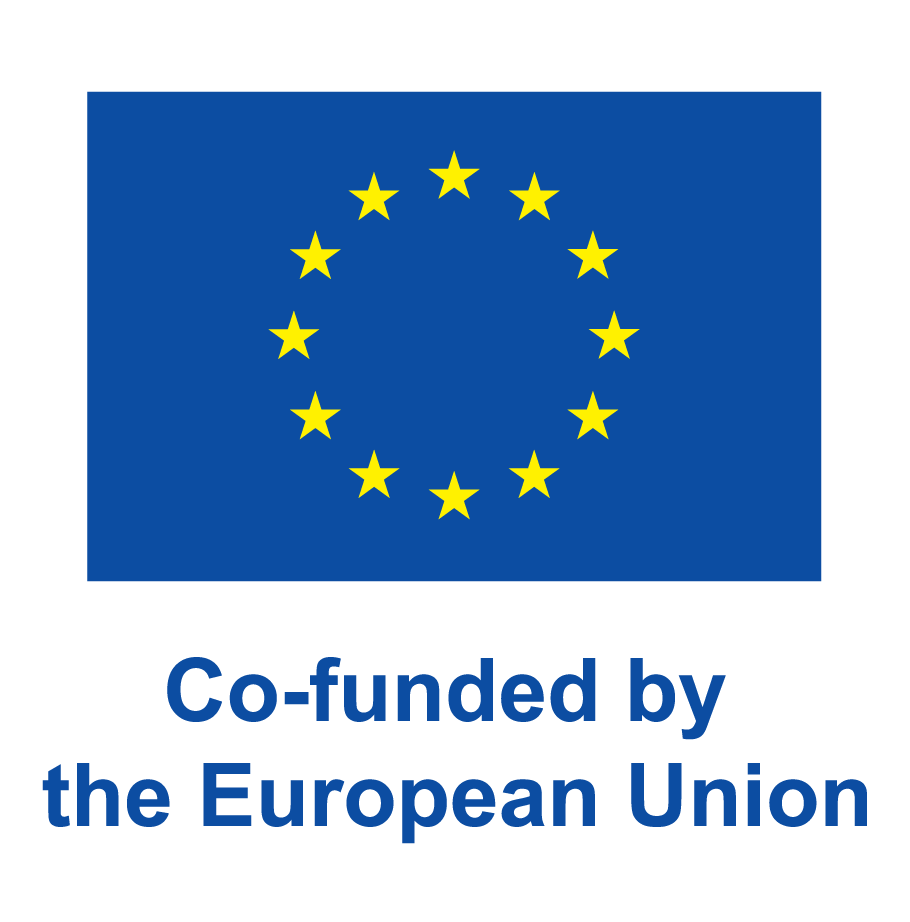According to Global Conflict Tracker, presently, the world faces around 30 conflicts between states, national and political groupings, including 6 critical wars or conflicts with the highest degree of escalation. Every day wars take human lives all over the world. There is a direct correlation between human development, peace, and security.
Europe has stayed one of the safest and the most peaceful regions. This is due to a proper conflict management and effective education policies. However, nowadays, military conflicts are approaching the EU boundaries. Before Russian full-scale invasion to Ukraine on 24/02/2022, UN described the military conflict in Ukrainian Donbas as one of the most epic and deadliest wars in Europe since the World War II. As a result of this conflict, more than 7% of Ukraine‘s territory was occupied with about 14,000 people killed, including 240+ children, and more than 30,000 wounded (over the previous eight years). 700+ schools were ruined because of the banned artillery and tanks firing; 64 thousand children were granted the status of victims of the military conflict.
In 2022, the blunt invasion of Russians only aggravated the situation. Due analytics is not available now. However, the scale of the war damage is undoubtedly drastic. Yet, the war is expected to end soon. Subsequently, Ukraine will need effective solutions to adjust its education system to post-war reconstruction.
Implementation and promotion of the best EU peace education practices in Ukraine will foster political, economic, social and cultural transformations of post-war communities.
The present project seeks to reveal the variety of peace-making phenomena within EU experience and is aimed at promoting the value of peace through learning and developing non-violent communication skills.
The general objectives of the project are as follows:
1) study of EU practices in peace education and its further dissemination aimed at promoting peace value in the world.
2) diffusion of knowledge regarding EU values and informal peace education, development of students’ social and emotional competencies.
3) innovative way of teaching and researching, including developing training and teaching papers on peace education and interactive teaching technologies use.
4) employment of educational system institutional resources for peace-making and consolidation EU and Ukrainian societies.
5) starting up the open scientific and educational initiative which fosters access to information in need as well as establishing the unified link between scholars and experts to implement further projects on peace education.
The outputs of the project: teaching course (30 hs for each academic group) and three summer schools 30 hs, multimedia tools, open educational resources, analyses, studies, IT-learning methods, workshops for academic, professional and civil society audience, annual board meetings, roundtable debates, conference on issues concerning informal peace education and civil society development.
The outcomes of the project: development of training module for Master’s degree ‘Peace Education’, workshops on urgent EU issues; two study visits to EU countries for further experience learning; peacekeeping and peacemaking training; teaching papers development, setting up the web-page within University website, publishing text-book, study papers on the project methodology and the project results.


